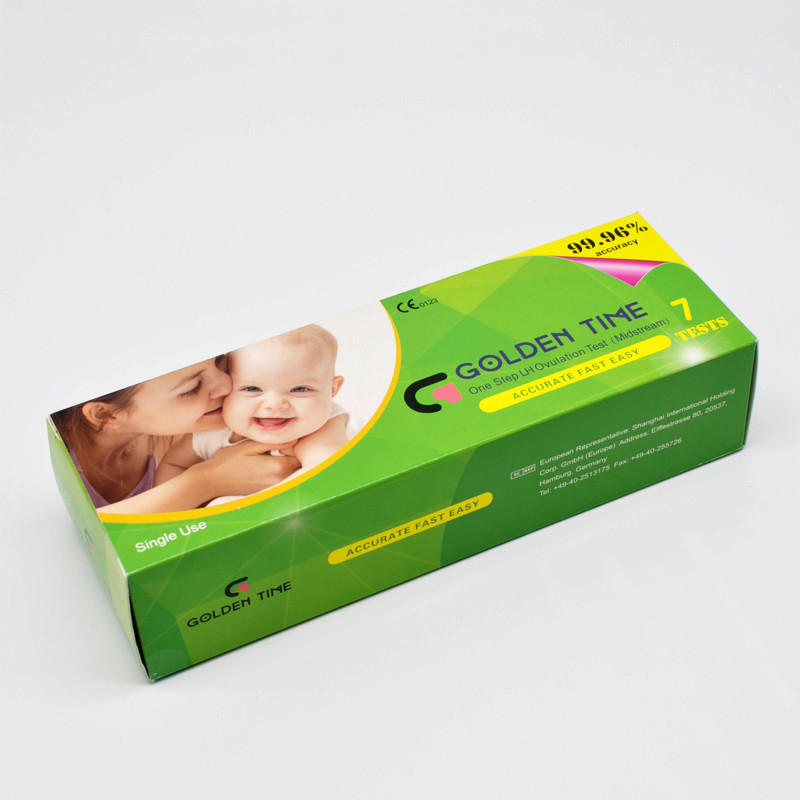Aug . 30, 2024 11:32 Back to list
Buy Rapid Syphilis Test - Reliable Manufacturer for Accurate Testing
Buying Rapid Syphilis Test Kits A Guide to Manufacturers
In recent years, the rise in sexually transmitted infections (STIs) has emphasized the need for effective and accessible testing solutions. Among these, syphilis remains a significant public health concern. Rapid syphilis test kits have emerged as a crucial tool in diagnosing this infection promptly, allowing for timely treatment and prevention of disease transmission. For healthcare providers, purchasing these test kits from reputable manufacturers is essential for ensuring accuracy and reliability.
Buying Rapid Syphilis Test Kits A Guide to Manufacturers
Another important consideration is the type of test offered by the manufacturer. Rapid syphilis tests generally fall into two categories treponemal and non-treponemal tests. Treponemal tests detect antibodies specific to the Treponema pallidum bacterium, while non-treponemal tests identify antibodies that are not specific to the bacteria but can indicate the presence of syphilis. Depending on the healthcare setting and the patient population, providers may choose to offer one type of test over the other, or even both to ensure comprehensive screening.
buy rapid syphilis test manufacturer

Ease of use is another critical factor when selecting a rapid syphilis test manufacturer. Test kits that are straightforward and require minimal training can significantly enhance efficiency in clinical environments. Many manufacturers provide detailed instructions and training materials to help devise protocols for administering tests. Moreover, portable and user-friendly test kits can facilitate testing in various settings, including clinics, community health centers, and even at-home testing scenarios, thereby reaching more individuals in need.
The test’s sensitivity and specificity are also paramount in the decision-making process. A high sensitivity ensures that most true positive cases are identified, while high specificity reduces the chance of false positives. Before purchasing, healthcare providers should review clinical validation studies and product performance data provided by manufacturers to ensure that the tests meet the required accuracy standards.
Finally, after-sales support and customer service are crucial considerations. Reliable manufacturers often provide ongoing technical support, troubleshooting assistance, and updates on regulatory changes. Having access to such resources can ease the testing process and foster a better relationship between the manufacturer and healthcare providers.
In conclusion, buying rapid syphilis test kits entails careful consideration of the manufacturer. By focusing on reputation, product efficacy, user-friendliness, test performance, and customer support, healthcare providers can make informed decisions that ultimately contribute to better health outcomes for patients. The right test kits are vital tools in the global effort to combat syphilis and improve public health through early detection and treatment.
-
Pregnancy Test Calculator: Know Your Weeks, Week by Week
NewsAug.22,2025
-
Malaria Pf Ag Rapid Test Kit - Quick & Accurate Detection
NewsAug.11,2025
-
Accurate Cardiac Marker CK-MB Rapid Test for Quick Results
NewsAug.10,2025
-
Premium Empty ABS Plastic Cassette for Test Strips
NewsAug.09,2025
-
Sterile Urine Cup: Accurate Specimen Collection for Labs & Home
NewsAug.08,2025
-
Malaria Pf/Pan Ag Rapid Test Kit for Fast, Accurate Diagnosis
NewsAug.07,2025

